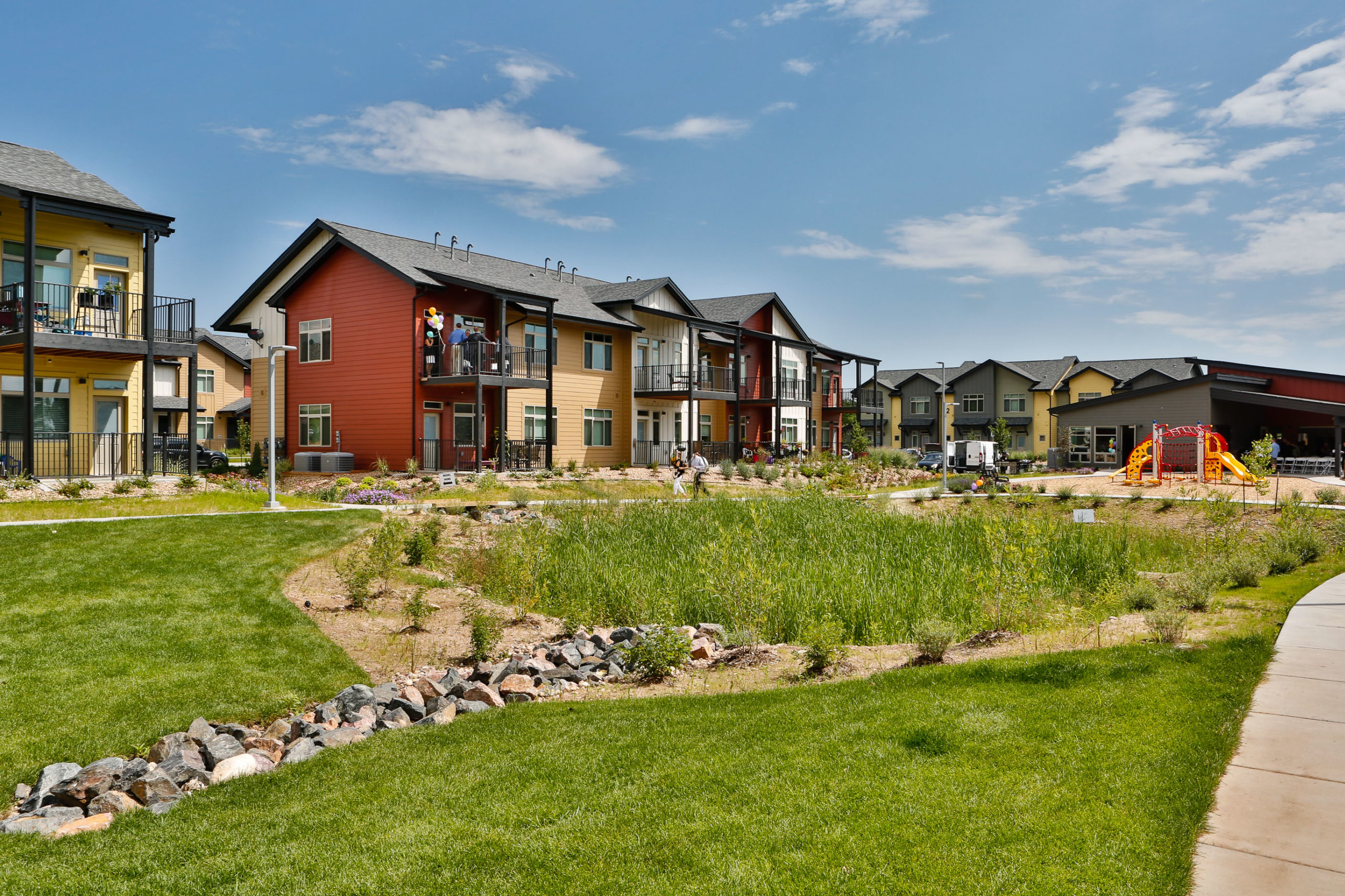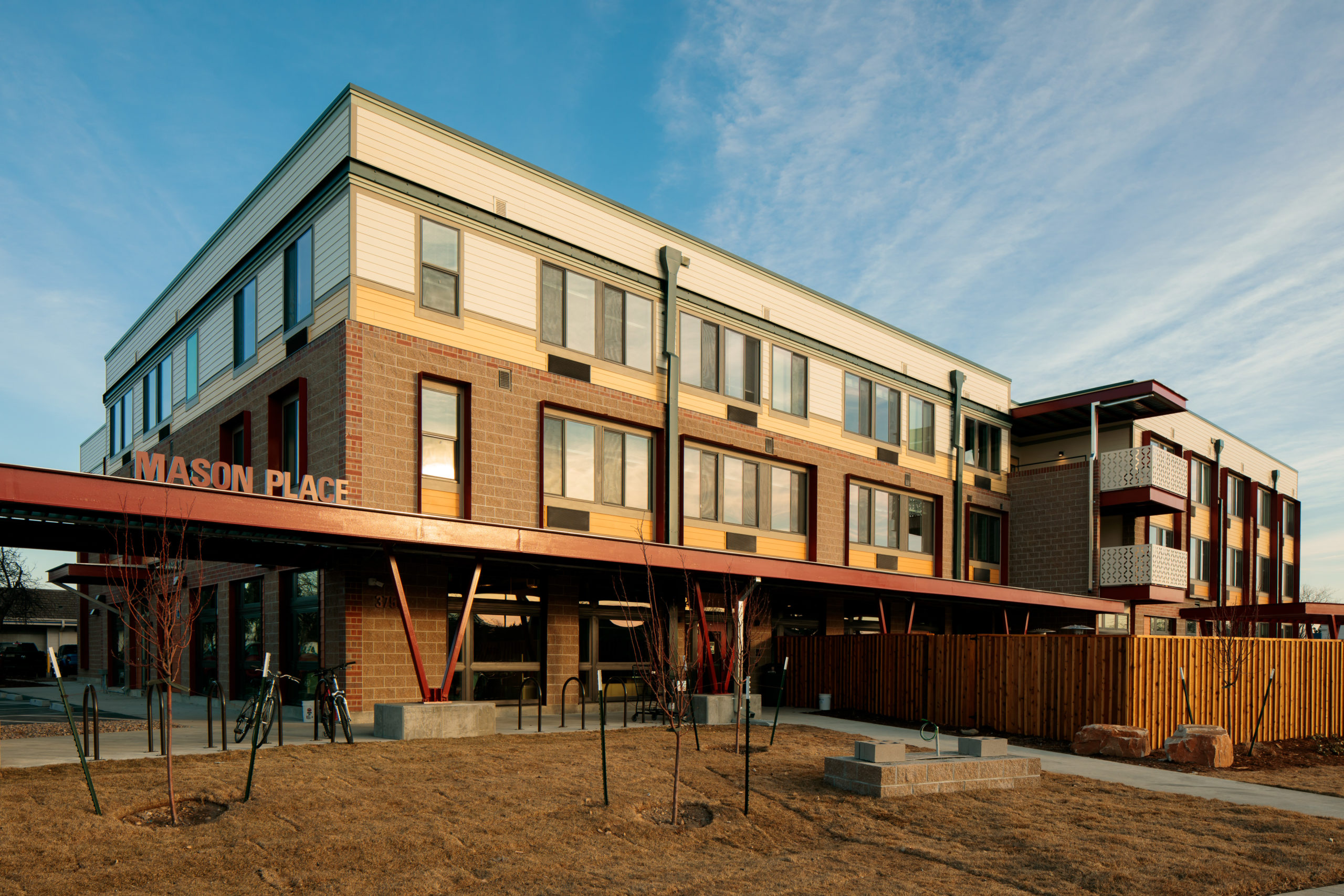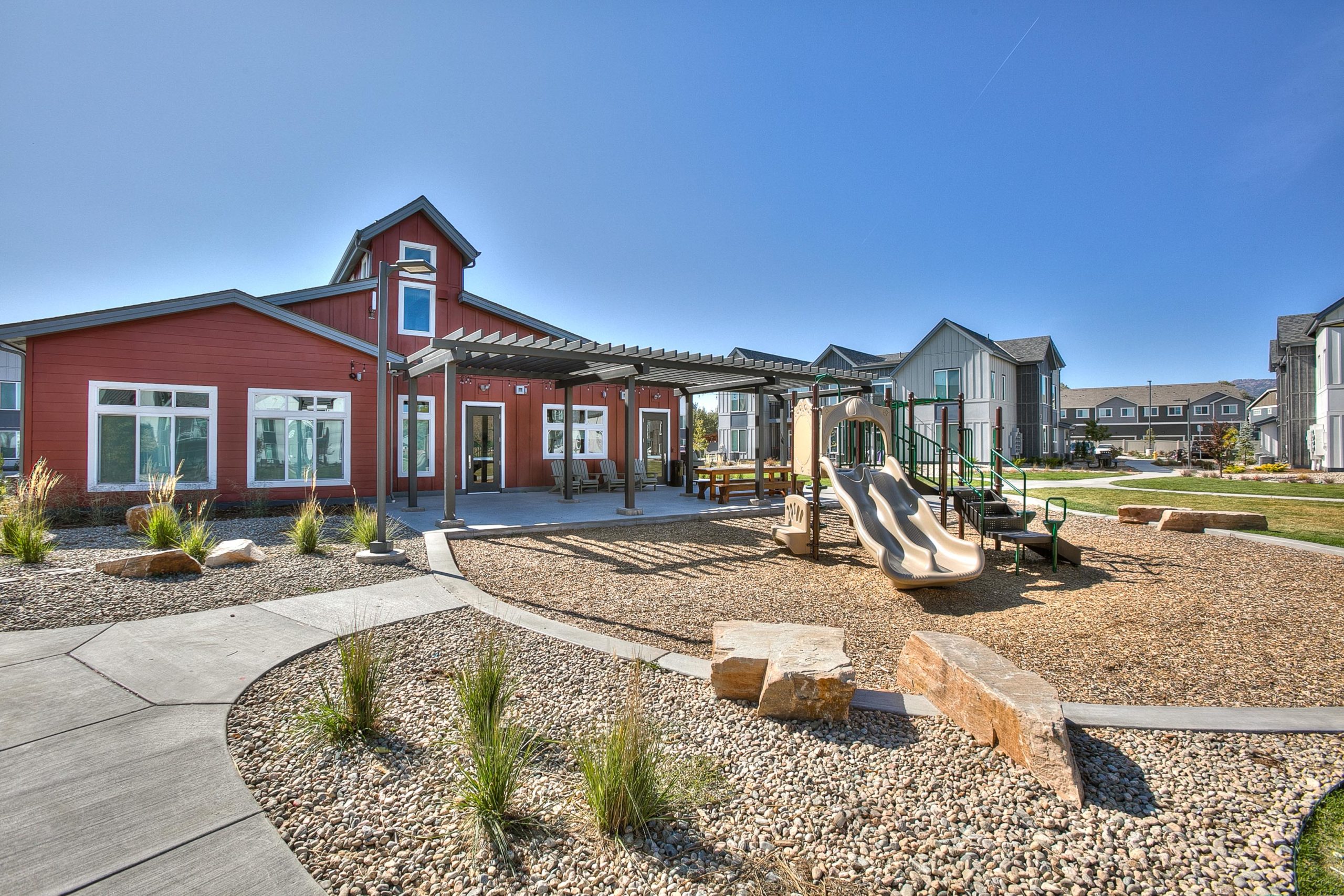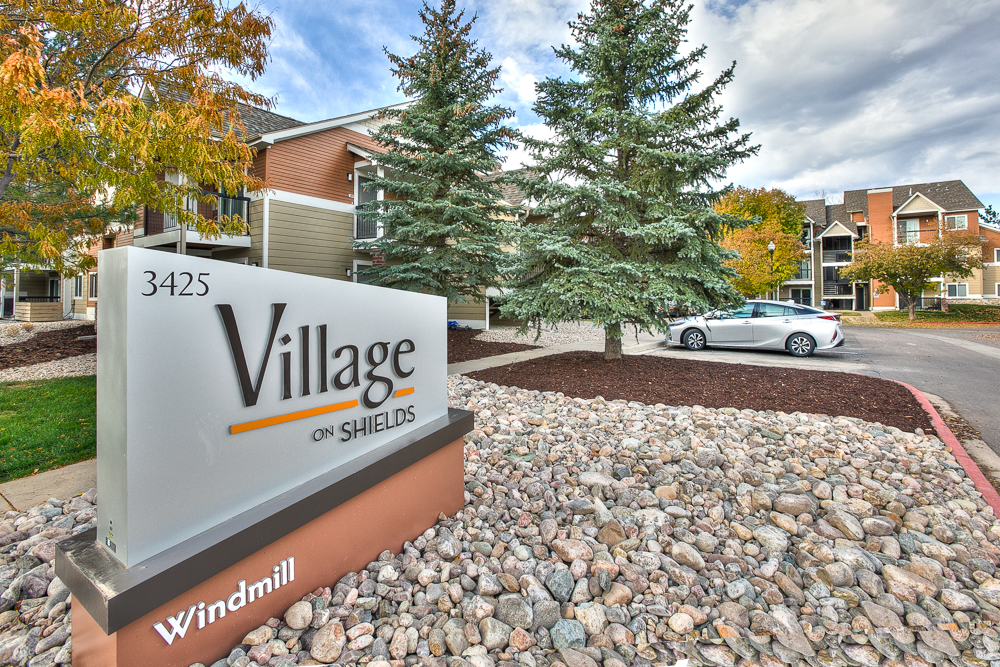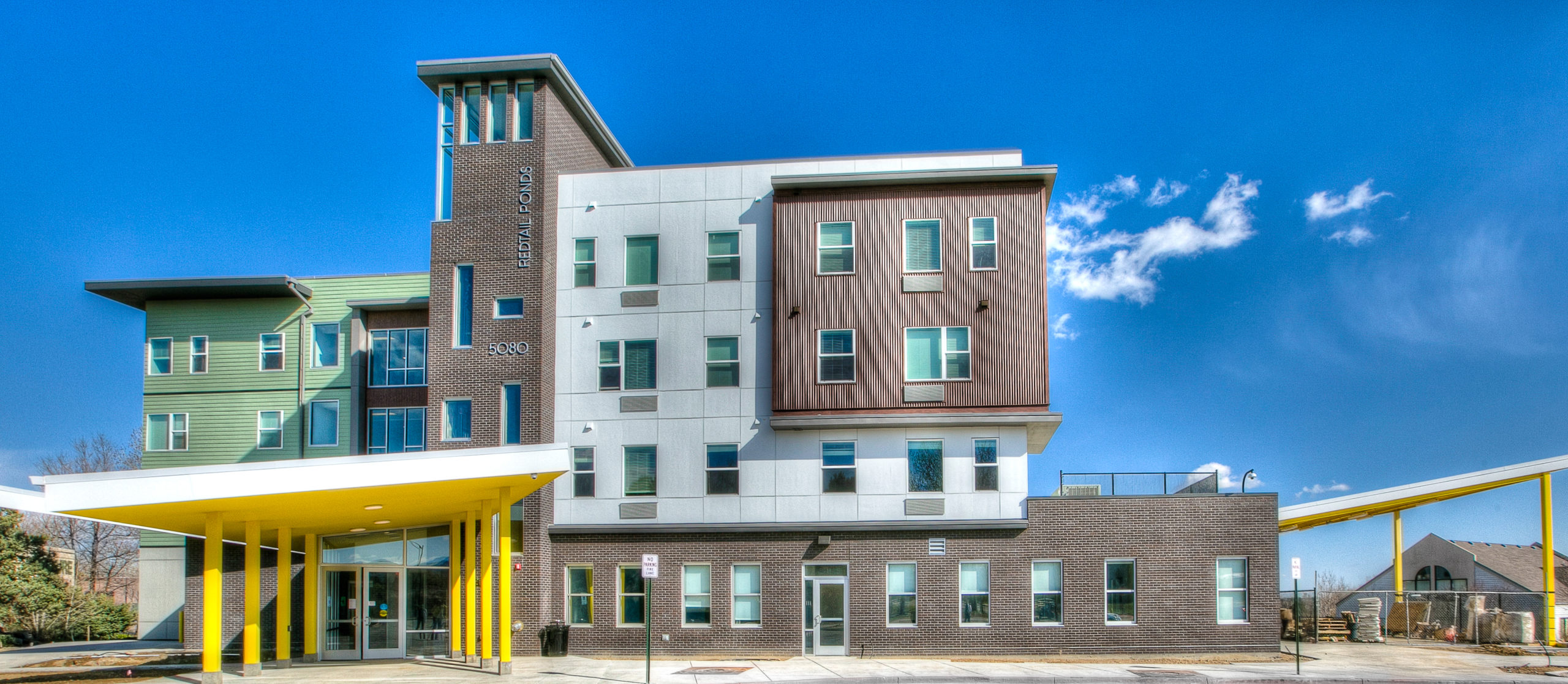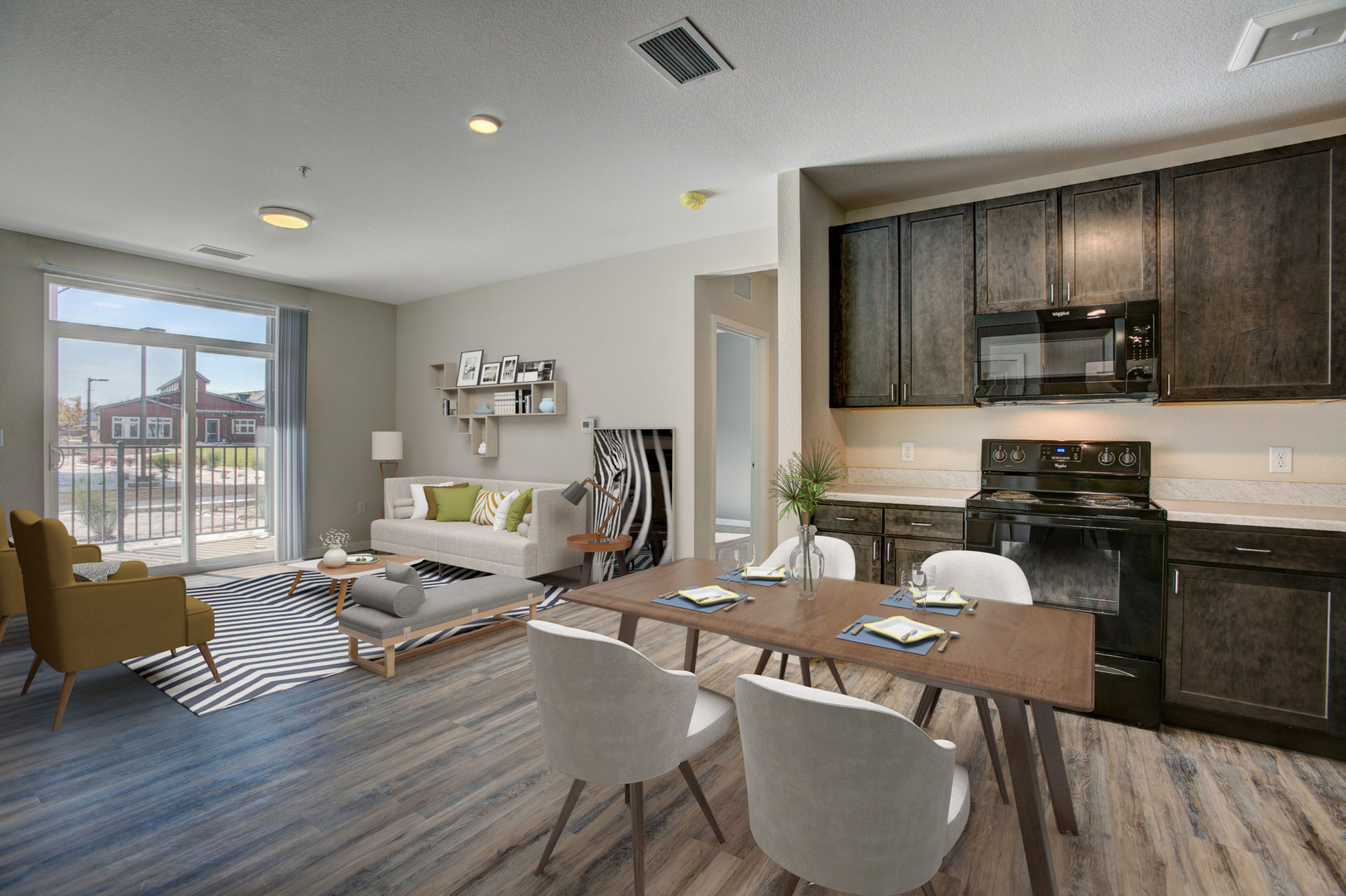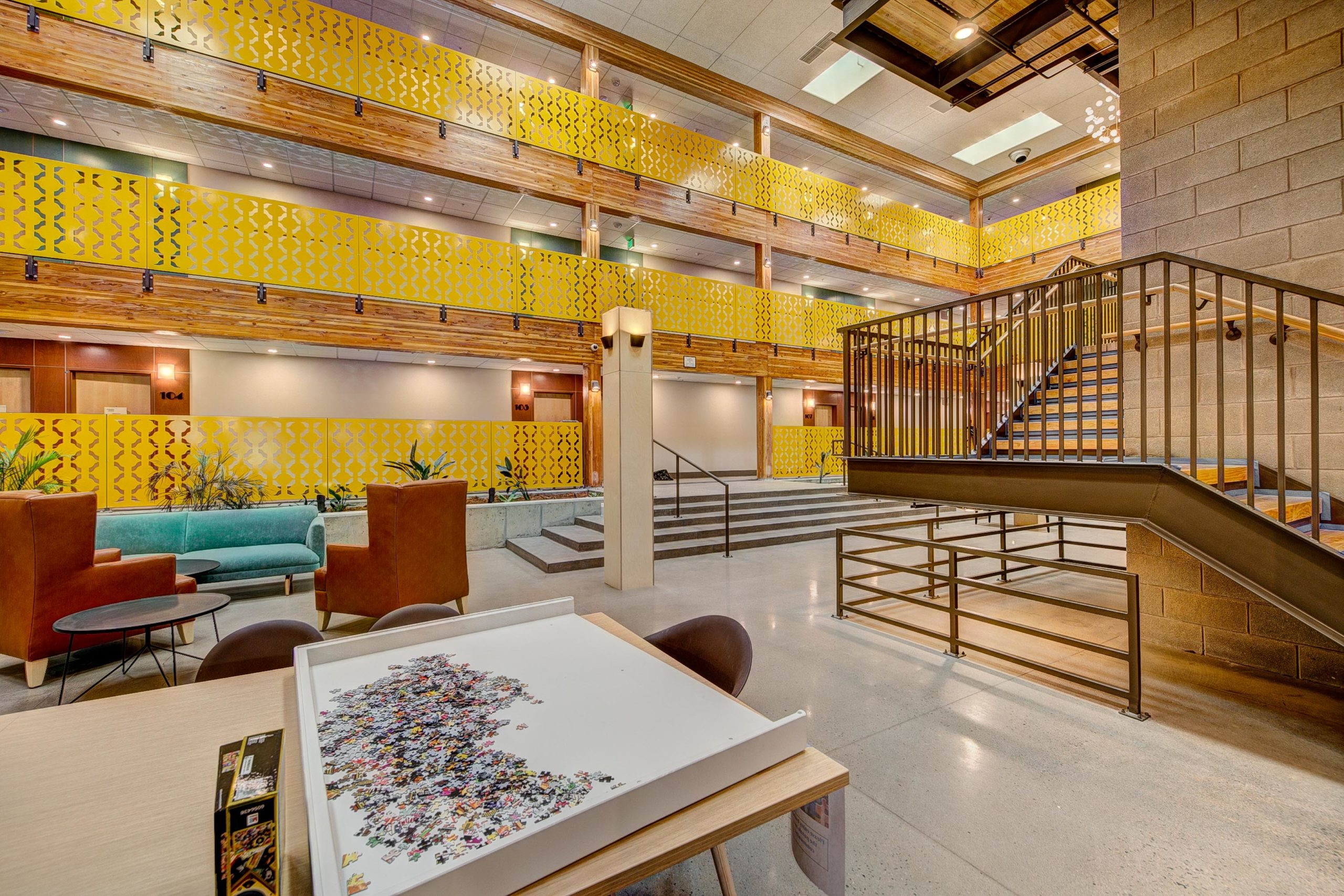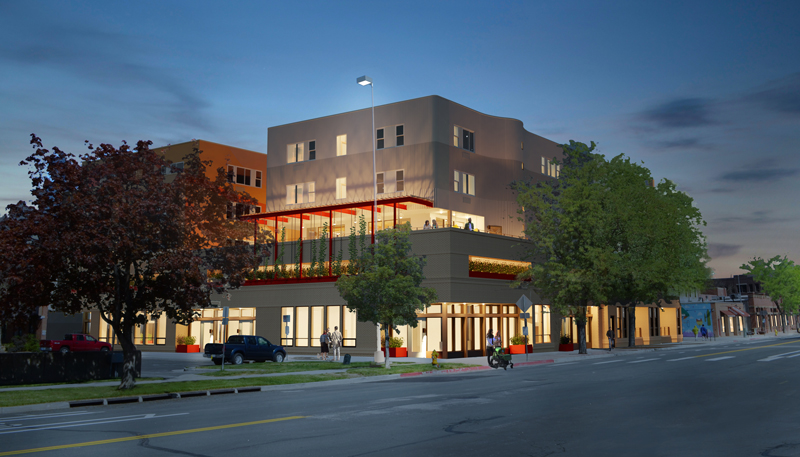Providing Northern Colorado residents with affordable living options is a pressing challenge, but it’s not a new one. For fifty years Housing Catalyst has transformed neighborhoods, provided stable homes for families, and built community in Fort Collins.
“Developing affordable housing is a complex challenge,” said Housing Catalyst Chief Executive Officer Julie Brewen. “But investing in housing that is affordable is an investment in the whole community. It creates jobs, encourages business growth, and inspires a sense of pride and belonging.”
Since 1971, Housing Catalyst has offered support to thousands of families, striving to make living in Fort Collins affordable regardless of income. The quasi-governmental agency (formerly the Fort Collins Housing Authority) takes a comprehensive approach to the affordable housing challenge – developing and managing residential properties, distributing federal housing assistance, and coordinating community programs and services.
“Housing Catalyst is a leader in all aspects of the affordable housing industry,” said Housing Catalyst Board of Commissioners Chairperson Cathy Mathis. “They are consistently recognized for their beautiful, sustainably-developed communities, as well as the innovative services that empower and equip residents for success.”
A charge from the city
In 1970, Fort Collins citizens concerned with a shortage of housing for residents with lower incomes rallied around the idea of creating a local housing authority. Rapid growth between 1950 and 1970 had completely changed the landscape of the city, and a long-range plan and services were needed to meet the needs of the new population. A petition was drafted and, after months of diligent work by volunteers and city staff, the Fort Collins Housing Authority was formed in 1971 with a resolution by the Fort Collins City Council.
The first appointed Board of Commissioners for the housing authority included Irving Wilson, Alvin J. Knuchten, Nancy McComb, Pete Sanchez, and Harry E. Troxell, father of future Fort Collins Mayor Wade Troxell.
“When my father finished his City Council service and became a founding board member of the Fort Collins Housing Authority, I was in my early teens,” said Troxell, who served as Mayor of Fort Collins from 2015 to 2021. “He provided perspective for me not only on housing needs, but how the public and private sectors work together to address them.”
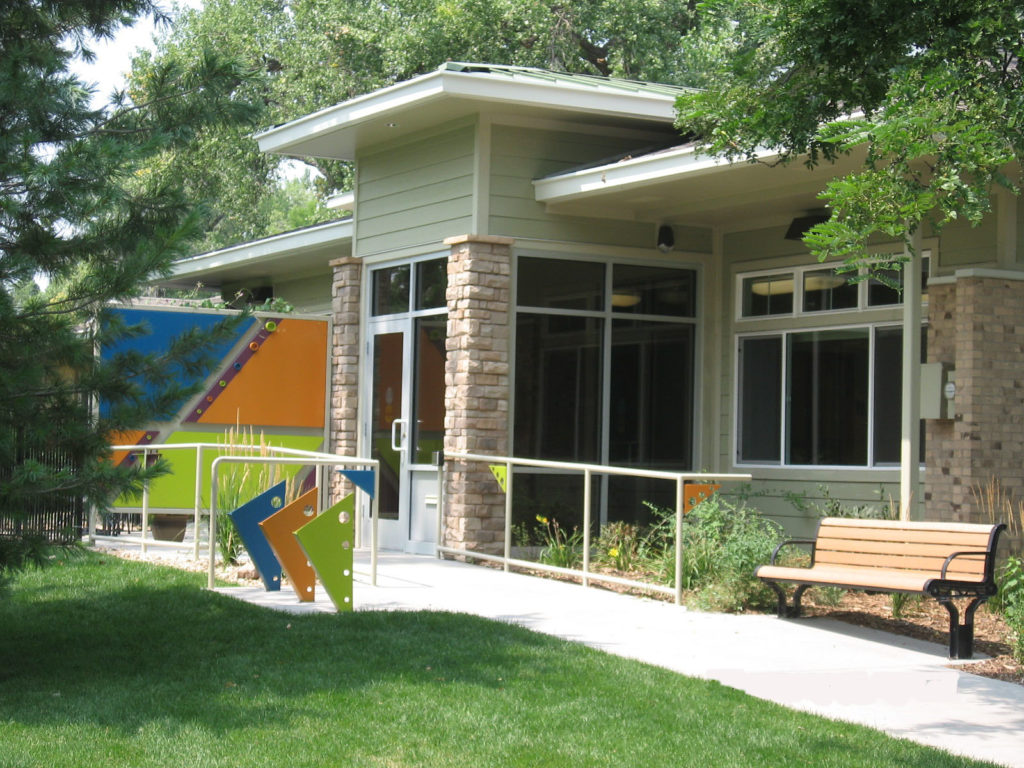
Housing Catalyst’s Mountain Office has been the agency’s home since 1977.
Building community
Recognizing the only way to meet the community’s need for affordable housing was to begin developing their own properties, the Fort Collins Housing Authority formed the Fort Collins Housing Corporation in 1980. This entrepreneurial move provided an additional vehicle for building affordable residences.
Known today as today as Villages, Ltd., the nonprofit corporation has constructed, renovated, or rehabbed more than a dozen properties, including Village communities across the city.
“Having served on the Fort Collins Housing Authority Board back in the 1980s, I’ve seen this organization evolve and adapt to an increasingly complex affordable housing landscape in Fort Collins and Larimer County on many levels,” said Larimer County Commissioner John Kefalas. “Over the years, they have added to our affordable housing stock significantly – with state-of-the-art developments such as the permanent supportive housing communities for veterans and others experiencing homelessness and the various villages that provide affordable and high-class rental apartments for hard working families.”
With the demand stronger than ever for affordable living options in Northern Colorado, Housing Catalyst has become the community leader in sustainable, long-term housing development. As of July 2021, the agency owns, manages, or was instrumental in the creation of more than 1,600 residences.
“We are committed to building sustainable communities – developments that conserve natural resources, reduce material waste, and create healthy living environments,” said Housing Catalyst Chief Real Estate Officer Kristin Fritz. “Being a leader and early adopter of green building technologies means we are building communities that will stand the test of time.”
Careful financial planning and strategic decision-making have imbued Housing Catalyst with a reputation for fiscal responsibility. It is one of only a handful of housing authorities to receive a Standard & Poor’s Rating of AA- and to have received the Certificate of Achievement for Excellence in Financial Reporting from the Government Finance Officers Association six years in a row.
Inspiring change
Beyond development projects, Housing Catalyst serves thousands of community members each year through housing assistance programs and resident services. In 2020, the agency disbursed more than $12 million of federal housing vouchers supporting 1,204 families in Larimer County. This federal support moves people out of homelessness, stabilizes families, and supports populations across our community, including seniors, people with disabilities, and children.
For decades Housing Catalyst has been committed to providing pioneering resident services that equip residents for success. In 1986, the agency launched Family Self-Sufficiency, a U.S. Department of Housing and Urban Development demonstration project that offered support with career and family issues to residents seeking economic independence. Today, the JumpStart program provides residents with regular, ongoing to support to reach career goals, connect with reliable childcare and transportation, and save money for the future.
In addition to the JumpStart program, Housing Catalyst offers social events, educational opportunities, and youth activities in their communities. In August, the agency partnered with Poudre School District to host an event designed to re-engage preK-12 students in anticipation of the fall semester. More than 180 residents attended the event and connected with faculty and staff from early childhood education and neighborhood schools. This is just one example of the community partnerships Housing Catalyst fosters, recognizing the important intersections between health, education, and housing.
“Housing is at the root of so many community challenges,” said Housing Catalyst Chief Operating Officer Michele Christensen. “Whether it’s education or community health, having a stable place to live can make a significant difference for an individual or family.”


Housing Catalyst hosts social events, educational opportunities, and youth activities in their communities.
Building the future
Housing Catalyst has been building community and inspiring change in Fort Collins for 50 years. The organization is poised to continue providing creative, sustainable, community-focused solutions to address the growing need for affordable homes in Northern Colorado.
“Housing Catalyst has a good track record and a solid foundation upon which to meet the ever-changing realities of our affordable housing conundrum,” said Kefalas. “They understand the critical importance of collaboration, coordination, creativity, innovation, leveraging of resources, and inclusivity – ensuring that all voices are heard and that everyone, especially the people directly impacted by the high cost of housing in Fort Collins and Larimer County, has a place at the table.”
One Housing Catalyst project currently in the works was devised in partnership with the Downtown Development Authority. A new community, Oak 140, is scheduled to break ground in downtown Fort Collins this September. The former site of the Elks building at the intersection of Mason and Oak will be transformed into new residences, offering an affordable rental option for those who work downtown and earn below the area median income.
“The Oak 140 partnership with Housing Catalyst has been a rewarding experience from the moment the two organizations decided to collaborate and redevelop the vacant property,” said Matt Robenalt, Executive Director of the Downtown Development Authority. “Housing Catalyst’s core values and dedication to serve the Fort Collins community aligned perfectly with the DDA’s values, and the distinct differences in our team’s skills and organization’s missions became the complementary strengths that continue to drive success for the partnership.”
The Oak 140 project will feature commercial and office space, parking, and 78 apartments, including studio, one-bedroom, and two-bedroom options. Construction is set to be completed in 2022.
“We will continue to use our resources and expertise to develop partnerships and communities in Northern Colorado,” said Brewen. “As the demand for affordable homes continues to grow, we want to offer living options that boost our economy, increase community health and well-being, and bring residents together.”

